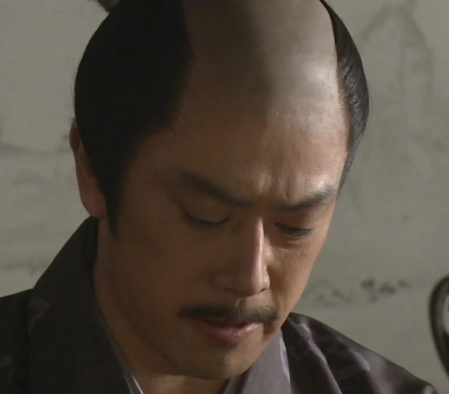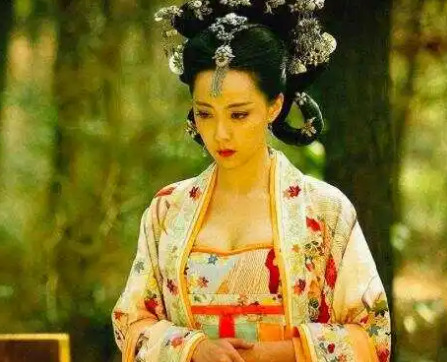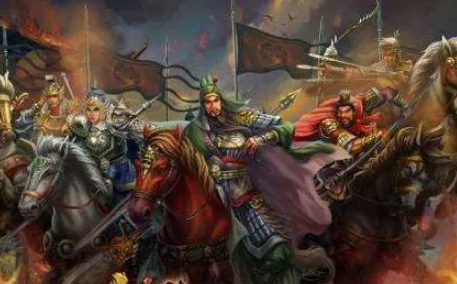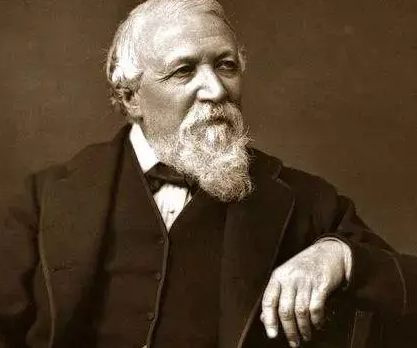In Chinese history, Emperor Qin Shi Huang was a controversial figure. He unified the Six Kingdoms, ended the disputes of the Spring and Autumn and Warring States Periods, and founded the first feudal dynasty in Chinese history, the Qin Dynasty. However, his life was also filled with mysteries, especially the relationship between his family members such as Prince Ying, Fusu, and Cheng Jiao, which remains a focal point of debate in historical circles. This article will attempt to unravel these mysteries and restore the true face of the Qin Shi Huang family.

First of all, it is important to clarify that Prince Ying was not Emperor Qin Shi Huang's biological son. According to the "Records of the Grand Historian," Prince Ying was the son of Cheng Jiao, Emperor Qin Shi Huang's half-brother from a different mother. Therefore, from a blood relationship perspective, there was no direct blood tie between Prince Ying and Emperor Qin Shi Huang.
However, despite not being Emperor Qin Shi Huang's biological son, Prince Ying held a very high status in the Qin Dynasty. This was mainly because during Emperor Qin Shi Huang's reign, in order to consolidate his ruling position, he imposed strict controls on his family members. As the son of Cheng Jiao, Prince Ying naturally fell under the influence of this control. In addition, Emperor Qin Shi Huang also appointed Prince Ying as the prince of Qin, which further underscores his significant position in the dynasty.
Next, let's talk about Fusu. Fusu was Emperor Qin Shi Huang's eldest son, and his mother was Emperor Qin Shi Huang's official wife, the Ying family. However, Fusu did not inherit the throne. Instead, after Emperor Qin Shi Huang's death, he was framed and killed by Zhao Gao, Li Si, and others. There are many theories about Fusu's cause of death in history, but the most common one is that he was killed because he opposed the policy of burning books and burying scholars alive.
Finally, we come to Cheng Jiao. Cheng Jiao was Emperor Qin Shi Huang's younger brother, and his mother was a concubine. Cheng Jiao held a very high status in the Qin Dynasty, and he was once appointed as the Marquis of Chang'an, responsible for managing the western region of the Qin Dynasty. However, Cheng Jiao died in 210 BC at the age of only 36. There is no clear record of his cause of death in history, only that he had "considerable political achievements" during his reign.
In summary, Prince Ying, Fusu, and Cheng Jiao all held very high statuses in the Qin Dynasty, but their blood relationships were extremely complex. Prince Ying was not Emperor Qin Shi Huang's biological son, but the son of Cheng Jiao; Fusu was Emperor Qin Shi Huang's eldest son; and Cheng Jiao was Emperor Qin Shi Huang's younger brother. These intricate blood ties have made the Qin Shi Huang family one of the most controversial families in history.
Disclaimer: The above content is sourced from the internet and the copyright belongs to the original author. If there is any infringement of your original copyright, please inform us and we will delete the relevant content as soon as possible.































